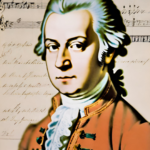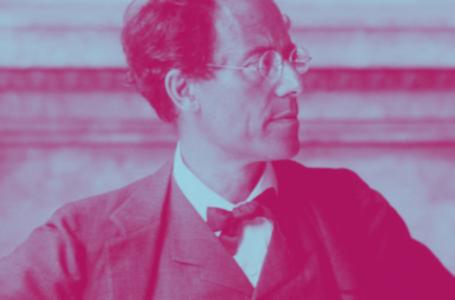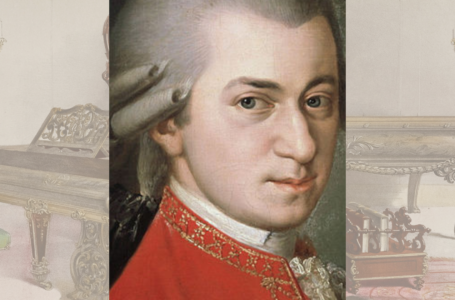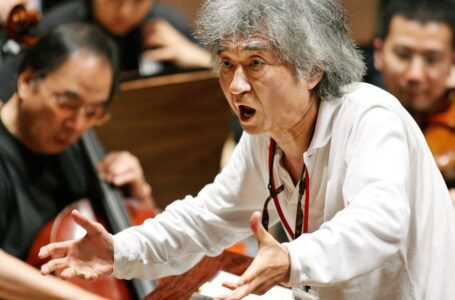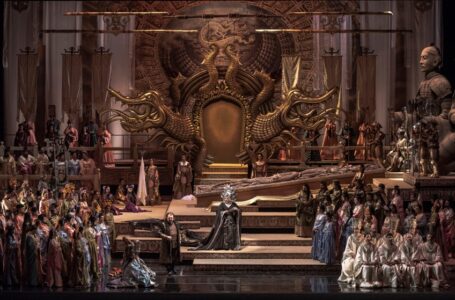
The world of classical music mourns the loss of the globally renowned Japanese conductor, who passed away at the age of 88 in Tokyo.
Ozawa passed away at the age of 88 at his residence in Japan, due to heart failure, as reported by the NHK news network. He had been retired since 2010 due to treatment for esophageal cancer, which he managed to overcome, but it did not allow him to resume intensive activities. He made his final appearance on stage in 2022, conducting Beethoven’s overture ‘Egmont’ – dedicated in a broadcast – to a Japanese astronaut at the International Space Station.
Throughout his distinguished career, Seiji Ozawa was one of the most influential and respected conductors in the world. He began his ascent in 1959 by winning the Besançon conducting competition in France, followed by the Koussevitzky Prize at Tanglewood. He worked as an assistant to prominent figures such as Herbert von Karajan and Leonard Bernstein before assuming principal roles with orchestras such as the Toronto Symphony and the Boston Symphony.
His repertoire included works by Schoenberg, Stravinsky, Bartók, Messiaen, and Tōru Takemitsu, among others. He was renowned for his meticulous attention to detail and precision. Ozawa’s fascination with opera was a hallmark of his career, with productions and recordings of works by Puccini and Tchaikovsky, as well as the world premiere of Messiaen’s opera “Saint Francis of Assisi” in 1983.
The farewell from Deutsche Grammophon
From social media, the famous German label bid farewell to the Maestro.”We are filled with incredible sadness at the passing of Seiji Ozawa, one of the greatest musical geniuses of our time and the last master of sensual sound. His rich and enduring discographic legacy at Deutsche Grammophon has spanned over half a century, with outstanding orchestras on three continents and encompassing musical traditions as varied as the American, Austro-German, French, and Russian schools. He will be greatly missed. Farewell Maestro.”







